FHA Guidelines
Buying a home can be daunting, which is why it helps to be as informed as possible. Learn all about the FHA loan process and what it takes to get approved.
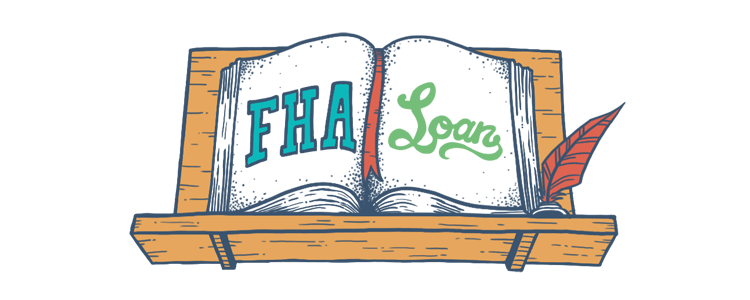
An FHA loan is insured by the Federal Housing Administration. It comes with low down payments for borrowers and protects lenders from financial risk if the borrower defaults on the loan. Lenders have to meet certain criteria for their mortgages to be termed "FHA-approved," and borrowers must also satisfy a number of requirements to qualify for one of these loans.
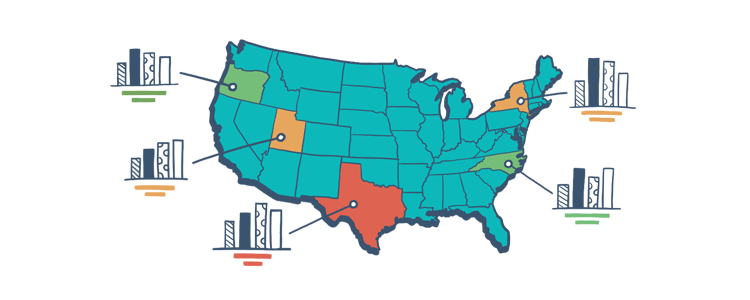
The FHA has a maximum loan amount that it will insure, based on county and the property size. These caps, known as the FHA Lending Limits, are updated annually and are influenced by the conventional loan limits set by Fannie Mae and Freddie Mac. FHA loan limits for single-family homes in 2025 range from $524,225 to $1,209,750.
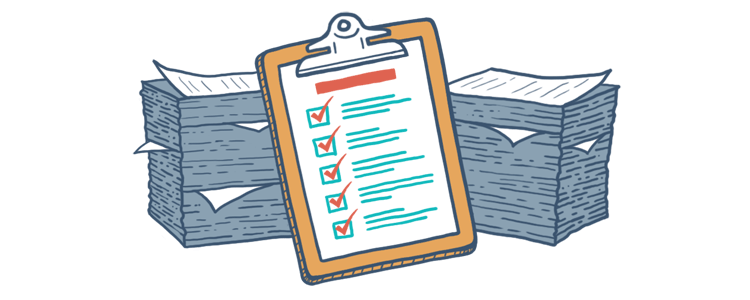
A big selling point for FHA loans is the low credit score requirement. Homebuyers with insufficient credit histories, who find it difficult to qualify for conventional loans with higher minimums, can more easily meet the FHA's minimum credit requirement of a 580 FICO score. Learn about what goes into the make-up of you credit score, and how you can work to increase it.
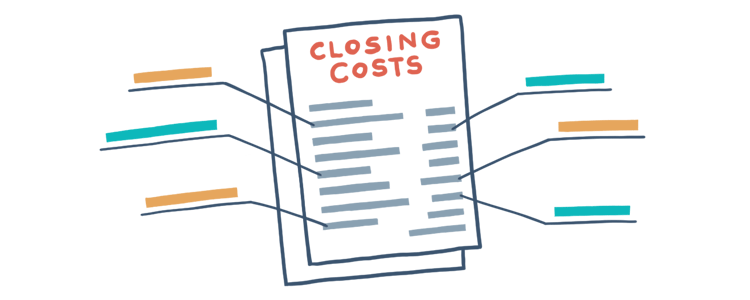
As with any mortgage, you'll incur some fees that need to be paid at the closing of your home loan. These charges are collectively called closing costs and they typically amount to 3% of the loan amount. FHA closing costs encompass all the fees and charges owed at the closing of a mortgage, such as appraisal fees, inspection fees, deposit verification fees, and home inspection fees.

In order to continue backing home loans, the FHA collects a monthly Mortgage Insurance Premium. These funds are used to protect the lenders—in that case that FHA borrowers default on their mortgages—and to fund the agency itself. Homebuyers with an FHA loan pay an Upfront Mortgage Insurance Premium, as well as the Monthly Mortgage Insurance Premium.
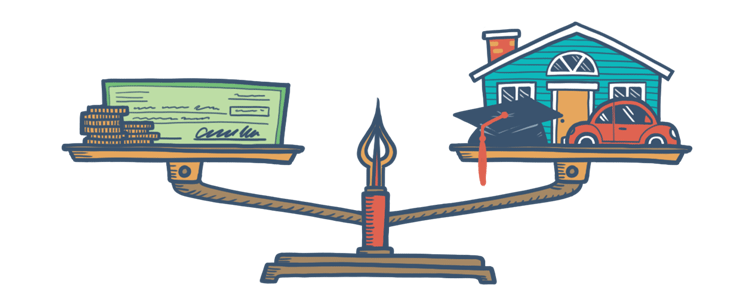
It's important that the FHA ensures that borrowers are not signing up for mortgages they cannot reasonably afford, which is why it is mandated that all potential homebuyers' debt-to-income ratios fall within certain set maximums. This helps lower the number of foreclosures since borrowers aren't bound to a mortgage they cannot afford.

FHA Loan Articles
July 2, 2023Buying a home is a significant milestone in life, and for many, it's a dream come true. However, the path to homeownership can be fraught with challenges, and one of the most concerning issues can be high FHA loan interest rates.
June 27, 2023The FHA loan process is straightforward and has been successfully navigated by millions of homeowners. If you're considering an FHA loan to finance your home purchase, it pays to be prepared. To avoid mistakes before you start your loan application, homebuyers should keep these tips in mind.
June 20, 2023Can an FHA loan be approved if there are late or missed payments on the credit report? Navigating through financial challenges, such as escalating costs of living and employment uncertainties, can indeed make it difficult to maintain a perfect financial record.
June 15, 2023When you buy a home with an FHA mortgage, cash for closing costs and your down payment is required. It would be easy to assume you simply give the lender cash in the specified amount and that’s the end of the story.
May 20, 2023Did you know there is an FHA loan option that lets you build a house from the ground up? You can use this mortgage to build on land you own or on land you buy as part of the loan. But you will want to address some issues comparing construction loan options.
May 3, 2023Sometimes when buying a home there may be a question of surplus or excess land. You likely won’t face this issue when buying a condo unit, but for other types of purchases, this may be an important factor in the appraisal process.







